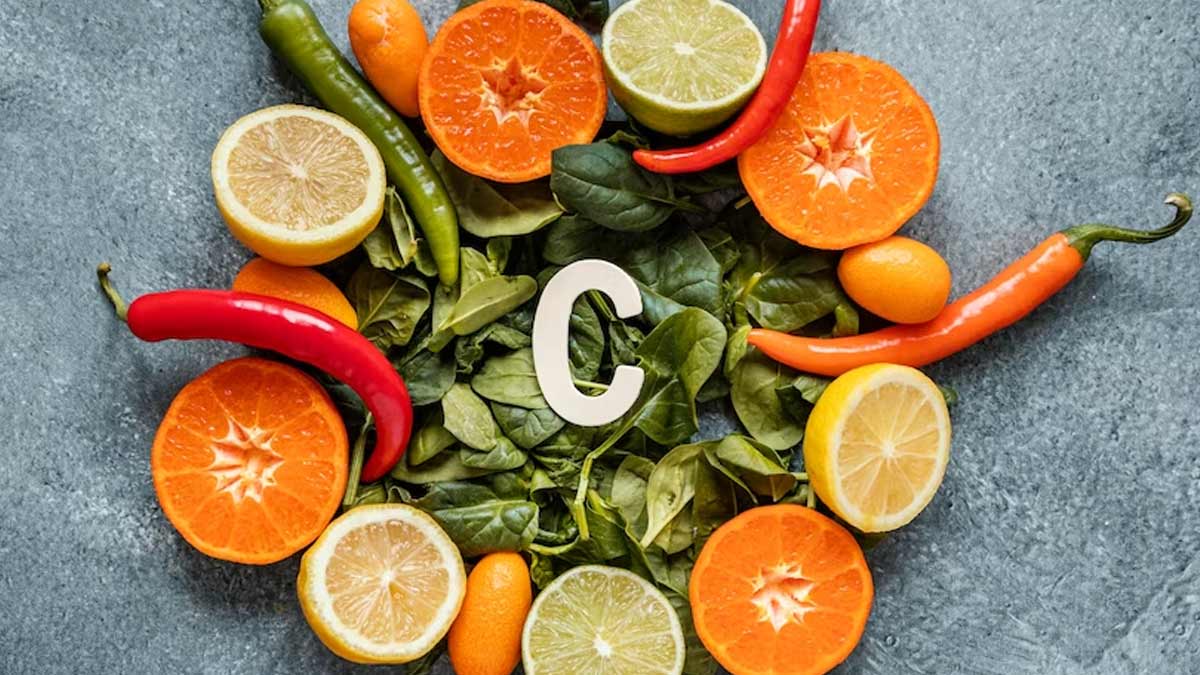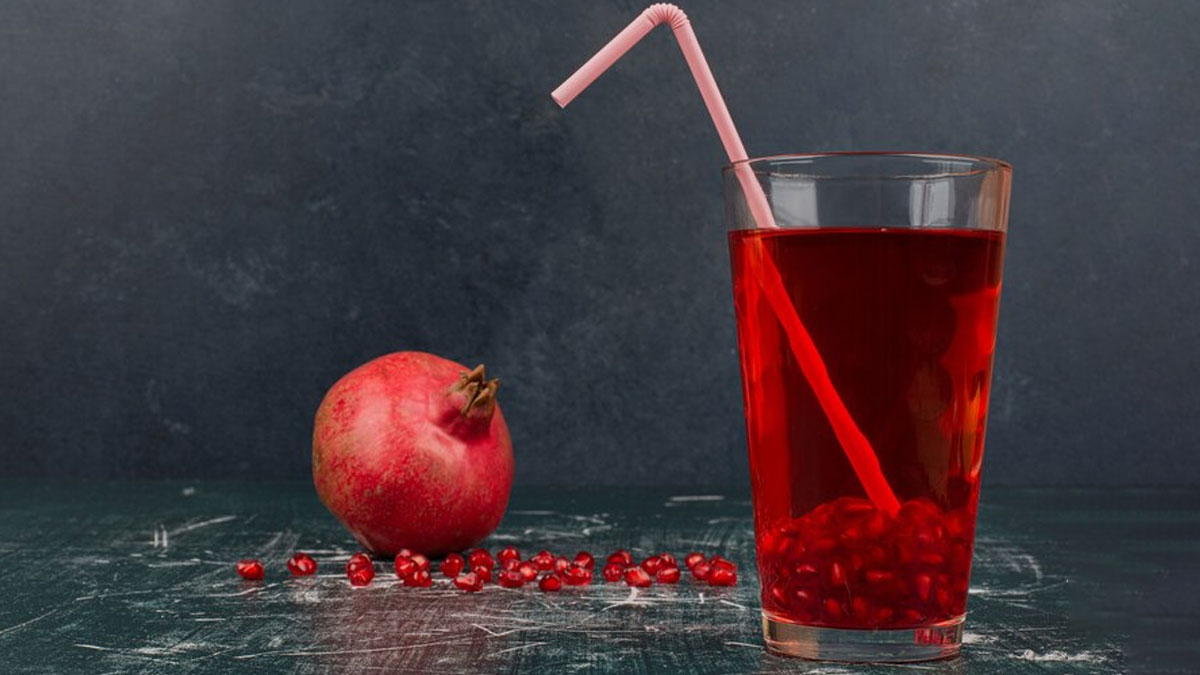Do you often find yourself feeling exhausted, weak, and struggling to catch your breath after a short walk? Perhaps you've noticed that your skin appears paler than usual, leaving you worried about your overall health. These subtle yet concerning symptoms could be indicative of a common condition that affects millions worldwide: anaemia. But fret not! Here are some natural and easy-to-implement ways to prevent anaemia and boost haemoglobin levels in your blood, so you can bid farewell to fatigue and embrace a vibrant and energetic life!

Anaemia is a condition characterised by a deficiency of healthy red blood cells or haemoglobin, which is responsible for transporting oxygen throughout the body. It may result in weakness, weariness, and a diminished capacity to carry out daily tasks. As per the Journal of Family Medicine and Primary Care, anaemia ranks as the second primary cause of maternal fatalities in the country. Iron deficiency is responsible for approximately 20% of perinatal mortality and 10% of maternal mortality in developing nations.
Tips To Increase Haemoglobin Levels
Iron-Rich Diet
One of the primary causes of anaemia is an inadequate intake of iron, an essential component of haemoglobin. Including iron-rich foods in your diet can significantly help in preventing and treating anaemia. Opt for foods, such as spinach, kale, broccoli, lentils, beans, tofu, nuts, seeds, and whole grains. Consuming these foods regularly can gradually increase your iron levels and improve haemoglobin in the blood.

Vitamin C for Better Iron Absorption
Pairing iron-rich foods with vitamin C can enhance iron absorption in the body. Vitamin C aids in converting plant-based iron into a more absorbable form. Incorporate citrus fruits like oranges, lemons, and grapefruits, as well as bell peppers, strawberries, and tomatoes into your meals. Drinking a glass of fresh orange juice along with iron-rich foods can be an effective way to maximise iron absorption.
Also Read: From Menstrual Health To Preventing Anaemia: Health Benefits Of Black Raisin Water For Women
Folate-Rich Foods
Folate, also known as vitamin B9, plays a crucial role in red blood cell production. Including foods like leafy greens, asparagus, avocado, and beans in your diet can provide the necessary folate to support healthy blood cell formation. Pregnant women are particularly encouraged to increase their folate intake to prevent anaemia and ensure proper foetal development.
Vitamin B12 Sources
Vitamin B12 is essential for red blood cell synthesis and proper nerve function. Animal-derived foods, such as meat, fish, eggs, and dairy products are excellent sources of vitamin B12. For vegans or individuals with limited meat consumption, fortified cereals and plant-based milk alternatives enriched with vitamin B12 are available.

Pomegranate Juice
Pomegranate juice is a natural remedy that has been traditionally used to improve blood count and haemoglobin levels. According to Experimental and Therapeutic Medicine, pomegranate juice is an abundant source of minerals and polyphenols, which may help RBCs and other cells combat oxidative stress. Consuming a glass of fresh pomegranate juice daily can be beneficial in preventing and treating anaemia.
Also Read: From Weight Loss To Good Skin: Here Are 8 Benefits Of Pomegranate Juice
Beetroot
Beetroot is rich in iron, folic acid, and various antioxidants, making it a potent natural remedy for anaemia. It helps stimulate red blood cell production and improves oxygen-carrying capacity. Enjoy beetroot as a salad, or juice, or incorporate it into your smoothies to reap its health benefits.
Exercise and Physical Activity
Engaging in regular physical activity and exercise can improve blood circulation and oxygenation throughout the body. This, in turn, supports the production of healthy red blood cells and helps in managing anaemia. Aim for moderate exercises like walking, jogging, cycling, or yoga for at least 30 minutes most days of the week.
Proper Hydration
Staying hydrated is essential for overall health, including maintaining proper blood volume. Drinking an adequate amount of water daily ensures that nutrients are transported efficiently throughout the body, promoting healthy blood cell production.
Disclaimer
The information in this article is for informational purposes only. Hence, if you suspect you have anaemia or have persistent symptoms, it is crucial to consult with a healthcare professional for proper diagnosis and guidance tailored to your specific needs.